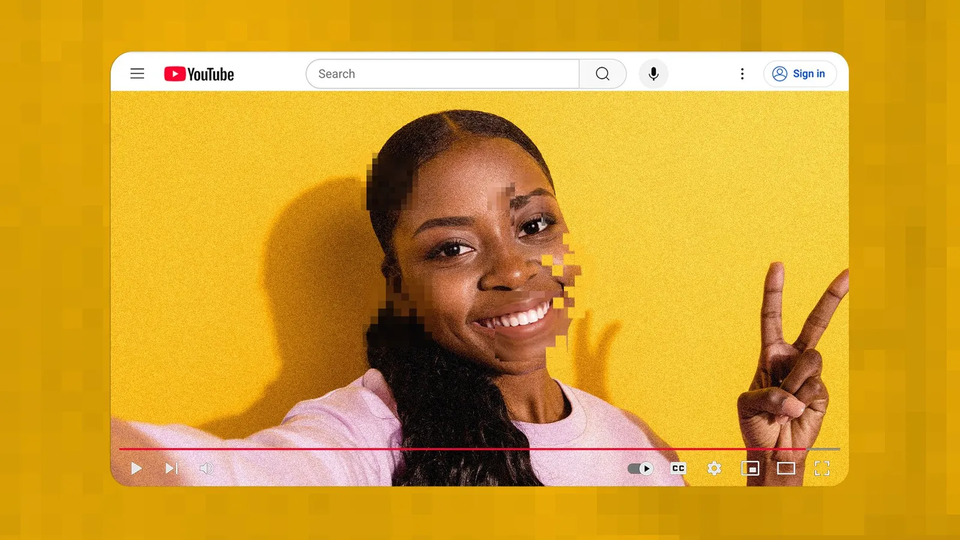 |
YouTube is quietly using AI to edit creators' videos . Photo: Serenity Strull . |
In a controversial move, YouTube has been quietly using AI to edit user videos without notice or permission. This secretive “beautification” of content has raised many concerns, especially in the context of AI increasingly dominating human life.
It all started when Rick Beato, a popular YouTuber with more than 5 million subscribers, noticed something unusual in a recent video. "My hair looked weird," he shared. "When I looked closer, I saw that my face looked like I was wearing makeup." The content creator with nearly 2,000 videos had to ask himself: "Am I imagining things?"
AI Testing
YouTube has been quietly using artificial intelligence (AI) to improve the quality of videos on its platform, especially YouTube Shorts. The incident only came to light when several prominent YouTubers, including Rick Beato and Rhett Shull, discovered strange AI-generated details in their own content.
At first, Rick Beato just felt like something was wrong with his appearance in the videos. He noticed that his hair looked different and his face had become unusually smooth, almost like he was wearing makeup. He wondered if he was imagining things, until his friend Rhett Shull, another YouTuber, experienced similar issues.
Shull expressed his discomfort with these unwanted changes, saying, “If I wanted these sharp effects, I would have done it myself.” He worries that the AI-generated look could “misrepresent” his image and affect the audience experience.
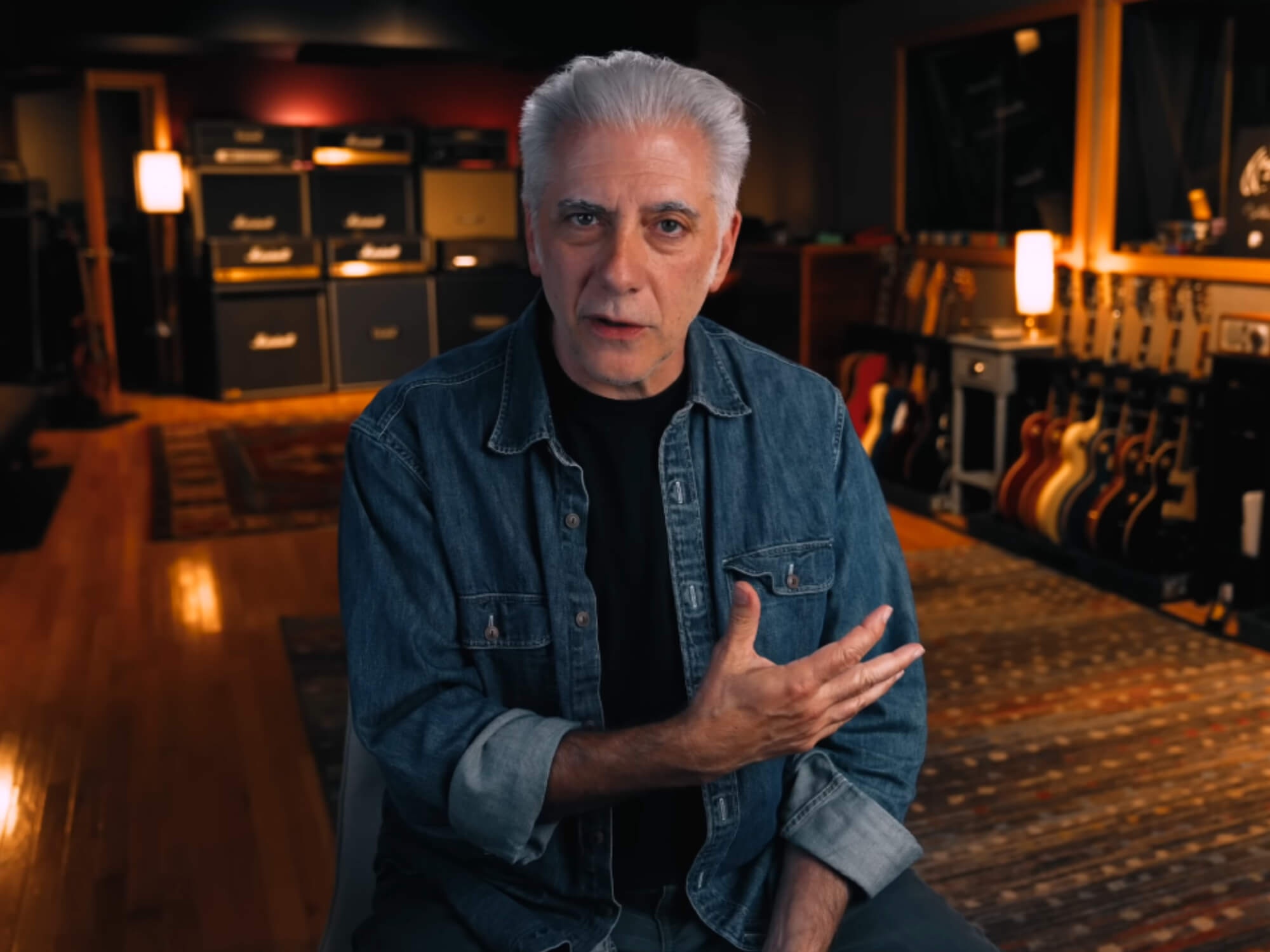 |
Rick Beato has also made many videos on the topic of AI's impact on the music industry. Photo: Rick Beato/YouTube. |
Complaints about the edits began to surface in June, when users on social media questioned the company’s intentions. After months of speculation, YouTube finally confirmed the changes.
Rene Ritchie, YouTube's head of editorial and creator communications, posted on X that the company is "running an experiment on select YouTube Shorts videos that uses traditional machine learning to sharpen, reduce noise, and improve video clarity."
However, according to Mr. Samuel Woolley, a disinformation expert at the University of Pittsburgh, USA, this comparison is inaccurate. He emphasized that users have the right to turn on/off similar features on their phones, while YouTube "manipulates content from top creators without their consent".
Mr. Woolley also said that YouTube's use of the term "machine learning" is a way to downplay the level of AI intervention, in order to ease public concerns.
Loss of faith
The YouTube scandal highlights an alarming trend: AI is increasingly intruding into people’s lives in ways that are invisible to them. This subtle change, experts say, could erode our perception of the real world .
This phenomenon is not new. Similar concerns arose decades ago with the advent of Photoshop, followed by debates over the manipulation of models’ photos or the use of beauty filters on social media. But Mr Woolley argues that AI has taken these trends to a new level, making edits far more common and harder to detect.
“AI is increasingly shaping our lives and our realities,” the expert said.
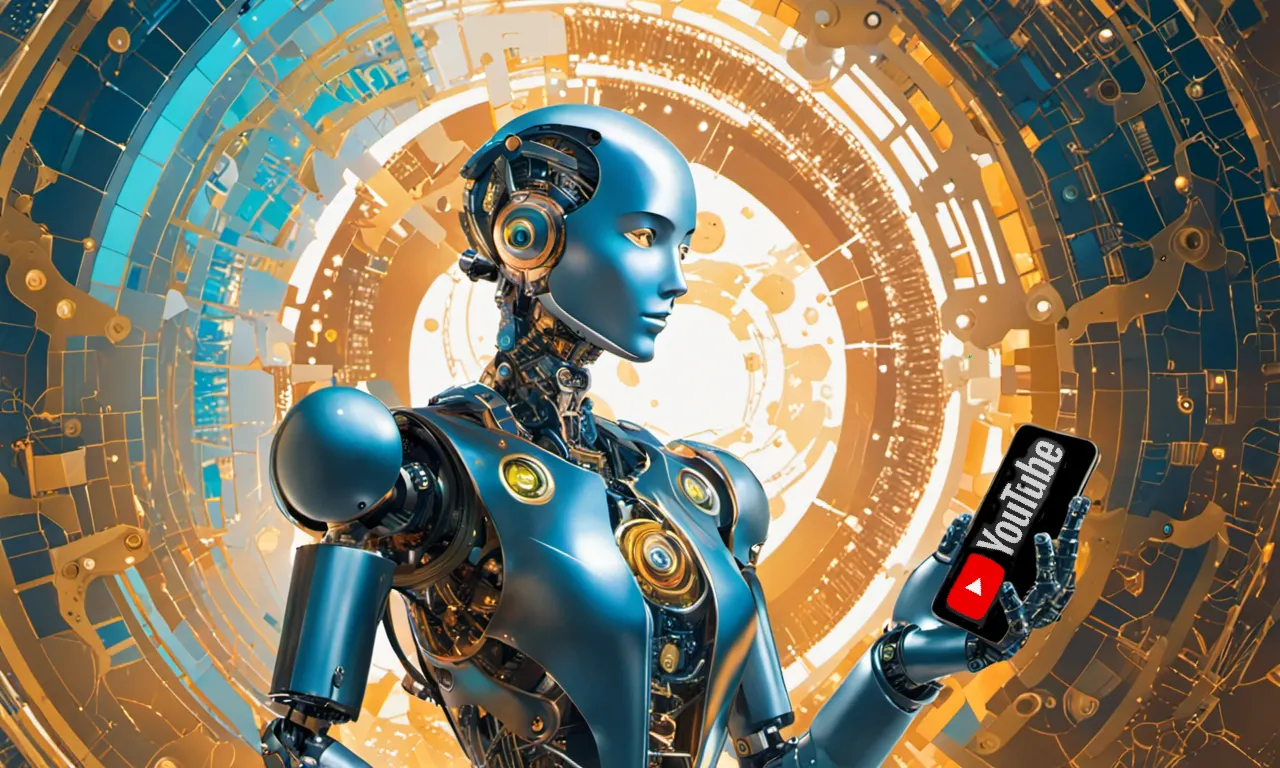 |
The incident shows how easily large tech corporations can control and manipulate the content users view every day. Photo: Decrypt. |
Other scandals in the past have shown this trend. In 2023, Samsung was caught using AI to “fake” photos of the moon on new devices. More recently, Google Pixel introduced a “Best Take” feature that uses AI to combine the best faces from multiple photos into one perfect group photo—creating a moment that never existed. The Pixel 10 even uses generative AI to achieve 100x zoom, far beyond the physical limits of the camera.
As these features become more prevalent, the line between reality and virtuality is becoming increasingly blurred. To address this, some companies have adopted new content authentication measures, such as digital watermarks on AI-edited images, to help users identify tampered content. But the core problem remains the erosion of trust.
YouTube’s actions show that AI is becoming a tool to shape our lives and our reality, Mr. Woolley warned. It is even a premise that technology corporations can easily manipulate and change the content we watch secretly to serve their own purposes.
“What if the public knew that companies were editing content without even informing the creators themselves?” the expert asked.
While some, like Rick Beato, aren't too concerned, saying "YouTube has changed my life," concerns remain. These quiet changes could erode the already fragile trust between creators and audiences.
Source: https://znews.vn/hanh-dong-gay-tranh-cai-cua-youtube-post1579994.html





![[Photo] Experience at the Exhibition of 80 years of national achievements - Meaningful activity for new students](https://vphoto.vietnam.vn/thumb/1200x675/vietnam/resource/IMAGE/2025/9/10/286061b79abb4afa8961d730c9833cdd)
![[Photo] Close-up of 3,790 resettlement apartments in Thu Thiem to continue auction](https://vphoto.vietnam.vn/thumb/1200x675/vietnam/resource/IMAGE/2025/9/10/be974e2058f74c9c8dc1f400124f3653)




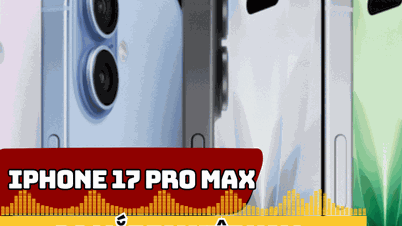













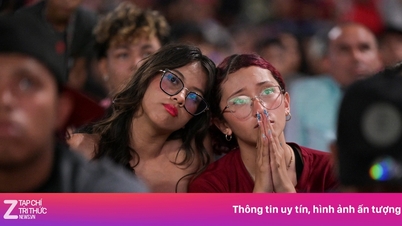























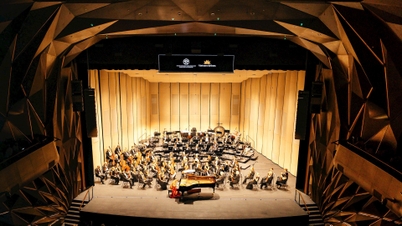



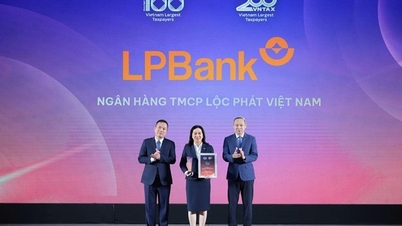












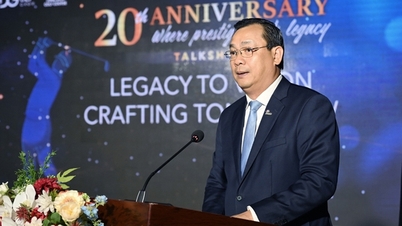









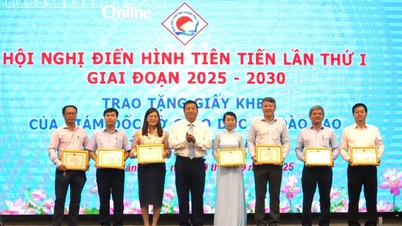






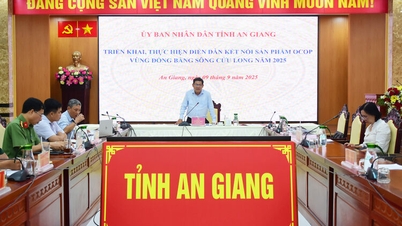










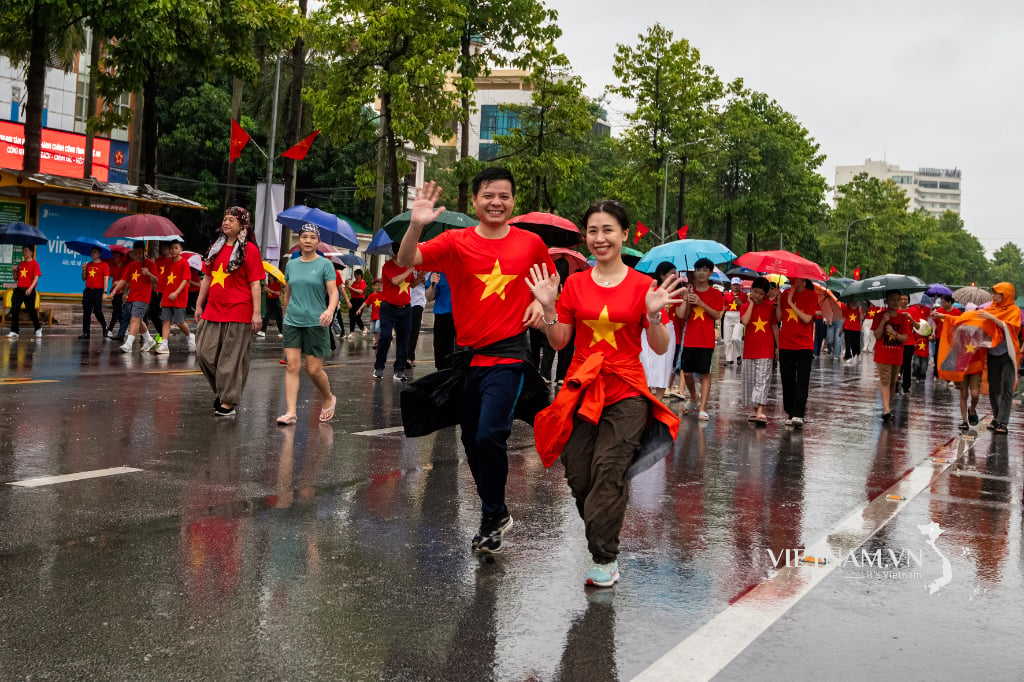
Comment (0)